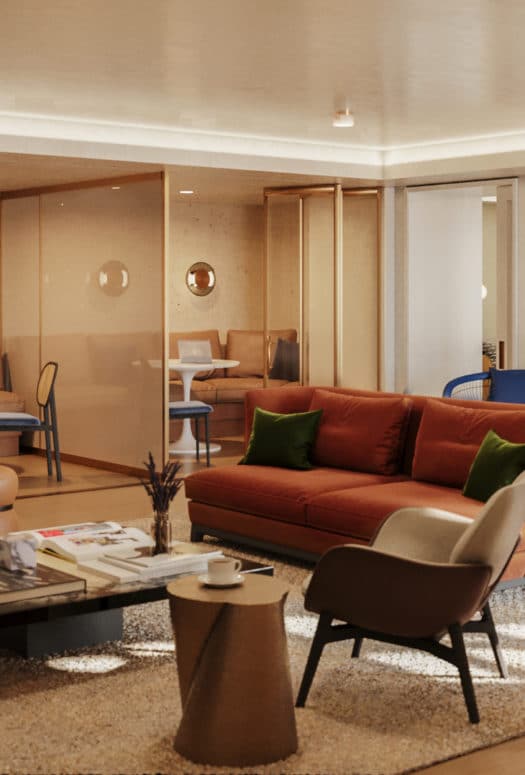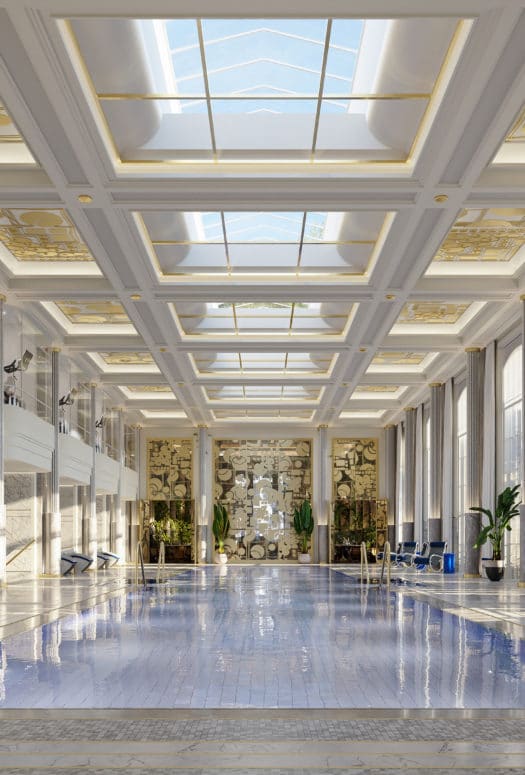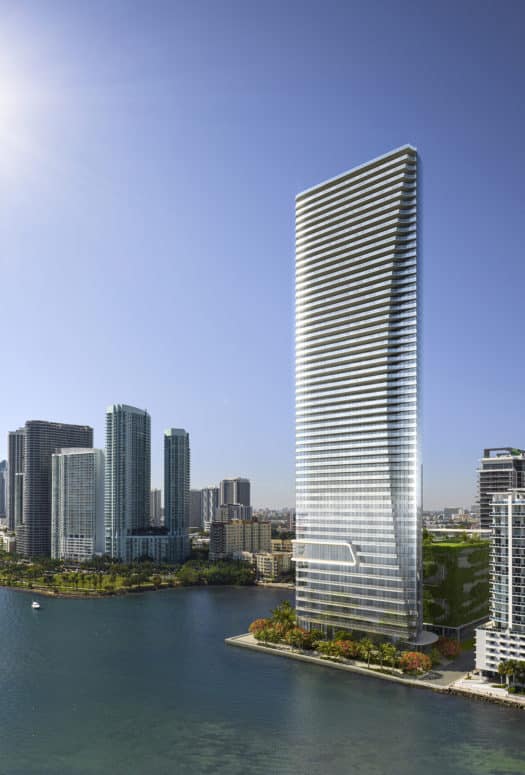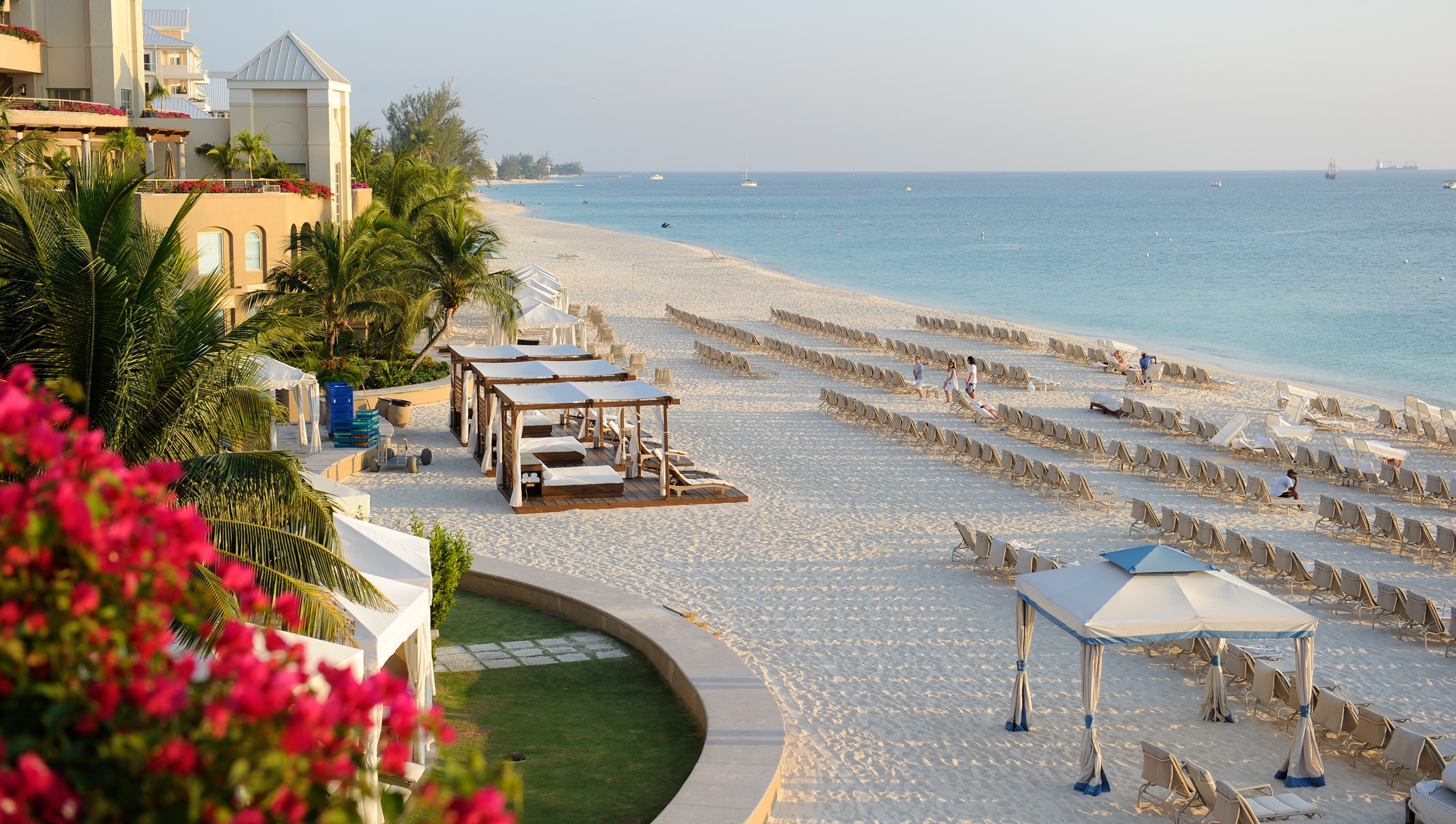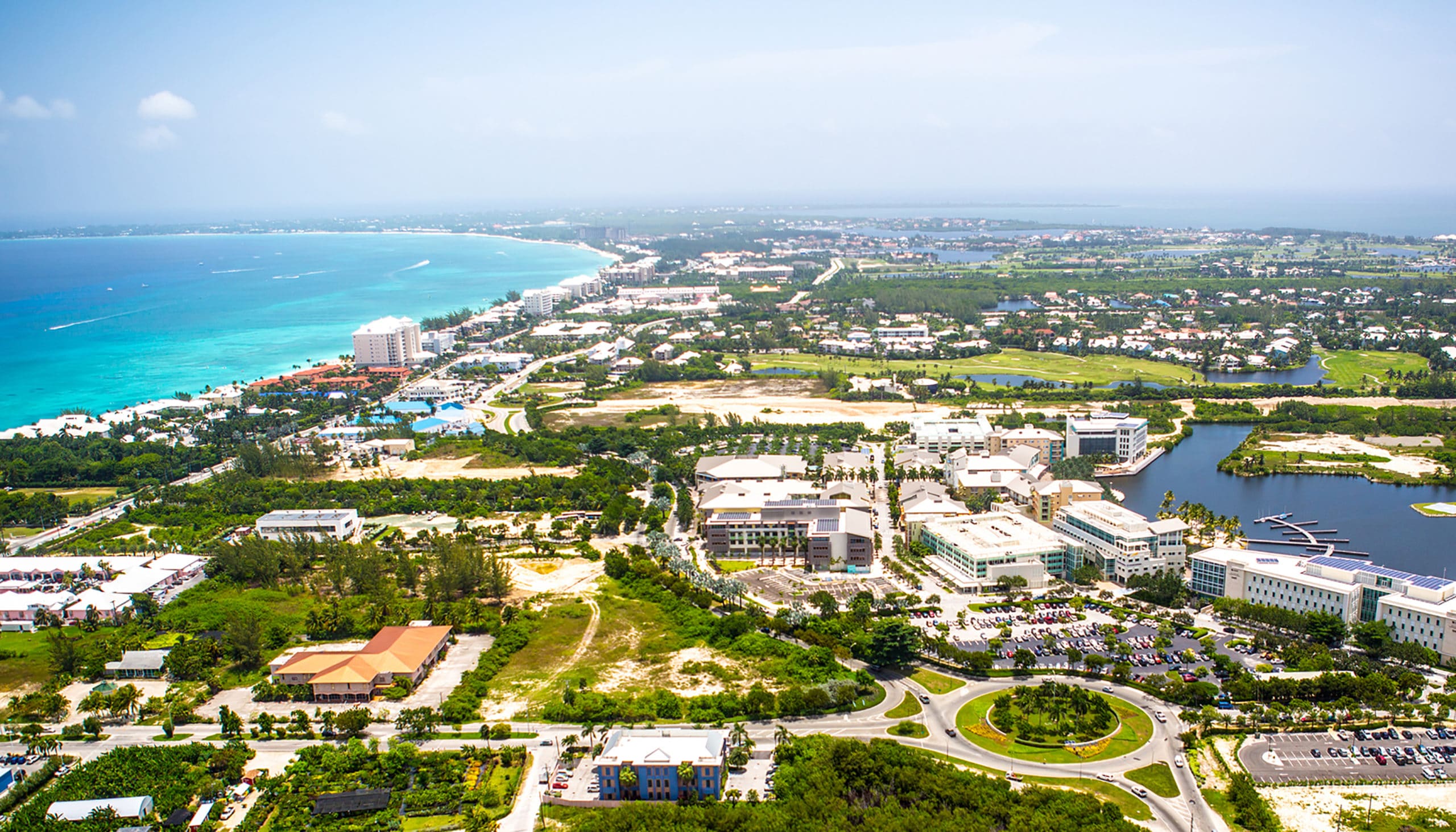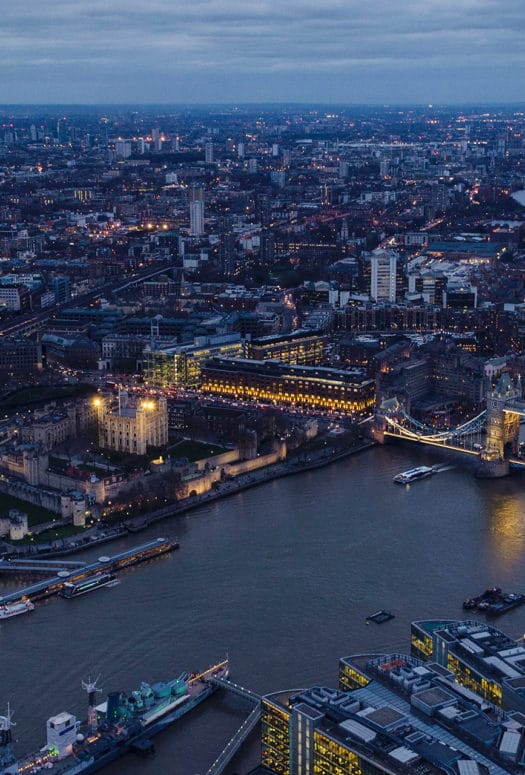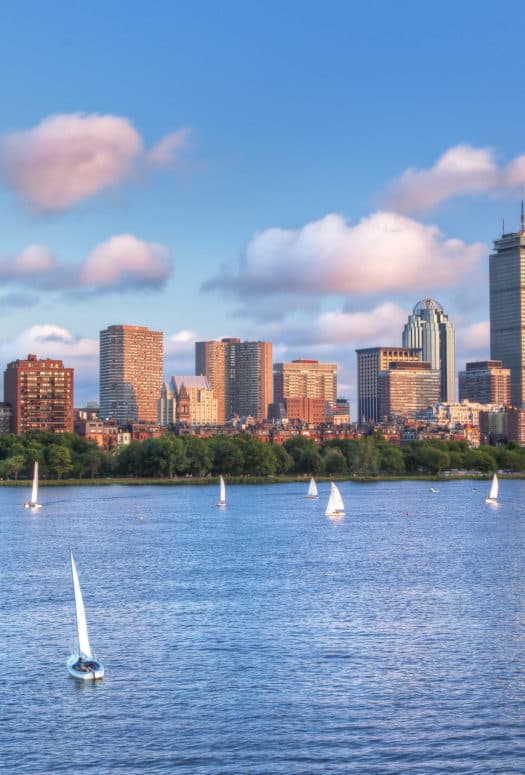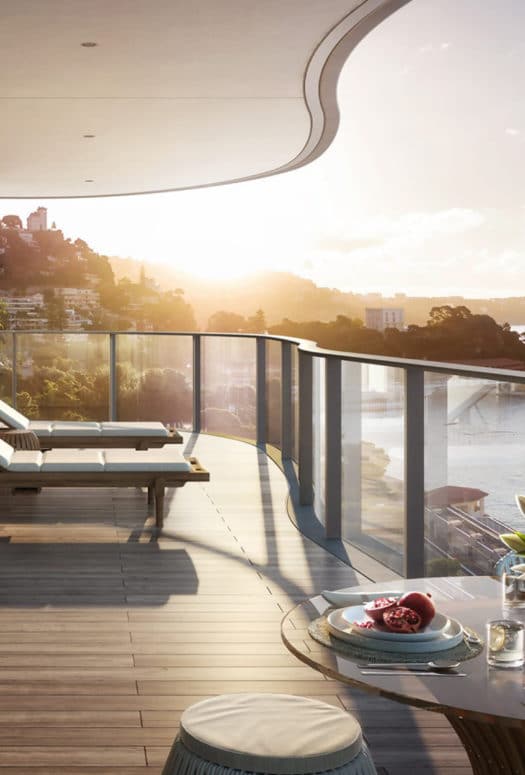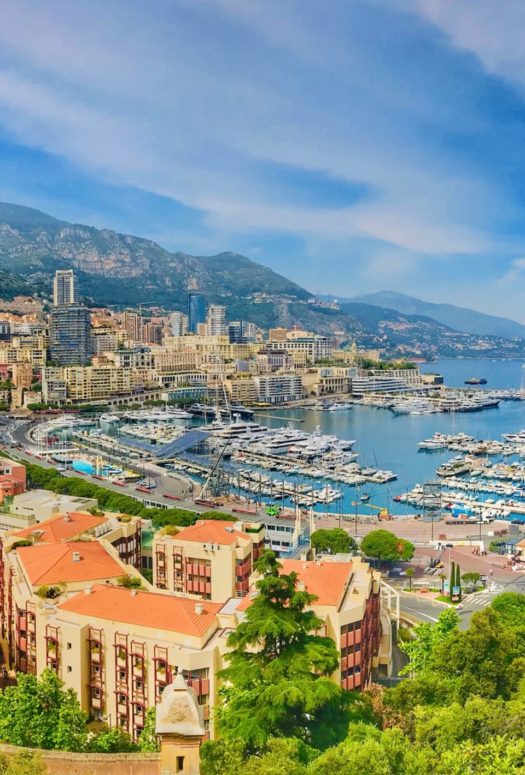What to Know About Investing in Cayman Islands Property
By: Judith Isacoff
With a tropical climate, strong economy, and no direct taxation, the Cayman Islands has long been a favored destination for international property investors. Demand has increased significantly in recent years, including during the pandemic when prices stabilized and sought-after beachfront properties have sold quickly. Plus, a host of new luxury condominium developments are underway.
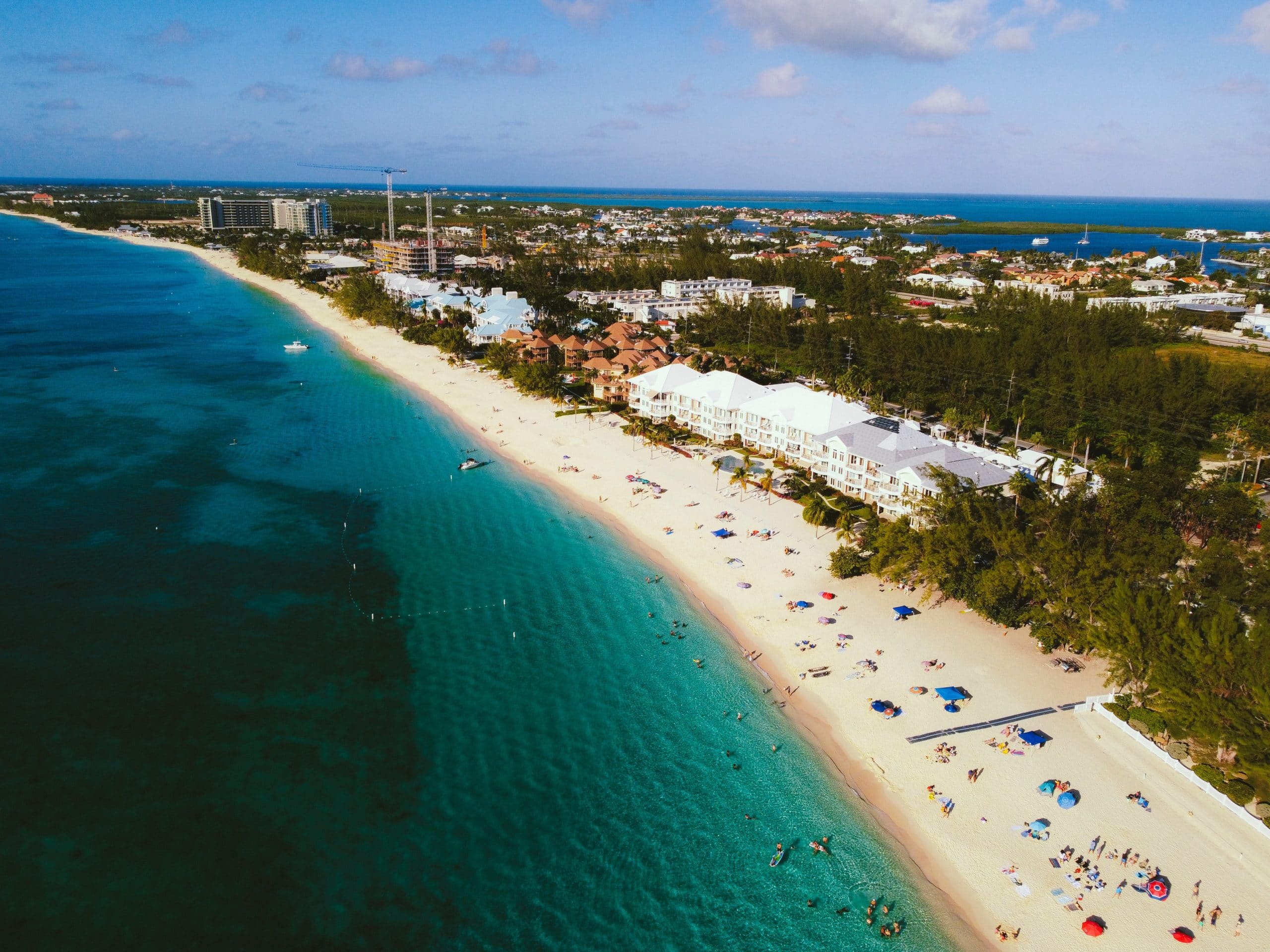 Photo Credit: Amor Ucqjcap Evis / Unsplash
Photo Credit: Amor Ucqjcap Evis / Unsplash
Cayman welcomes foreign ownership of property, and investors are further attracted by Cayman’s secure system of land registration, guaranteed by the government.
Adding to the allure, Cayman boasts a standard of living comparable to that of Switzerland, according to Moody’s Analytics, and the British Overseas Territory is a thriving offshore financial center, with a stable currency pegged to the U.S. dollar.
Of course, numerous other amenities draw investors and tourists alike: The Cayman Islands (consisting of Grand Cayman, Cayman Brac, and Little Cayman) are world-class dive destinations with pristine beaches and warm Caribbean waters. The islands are politically stable and relatively crime-free; the people are friendly and the population is diverse, with more than 130 nationalities represented; and the atmosphere is low-key and relaxed.
Grand Cayman, the largest of the three islands, offers five-star dining, upscale shopping, as well as live entertainment and sporting events: The annual Cayman Cookout food and beverage festival features world-renowned chefs; the Flowers Sea Swim is noted for being one of the world’s largest open-water races; and Grand Cayman is host to regional beach volleyball tournaments, a marathon, and an Olympic-distance triathlon.
From its humble beginnings in the 1500s, when ships sailing the Caribbean stopped there to cull turtles to feed their crews, Cayman has evolved into one of the premier destinations for international buyers seeking exclusive properties and a secure investment.
For more details on what buyers need to know before investing in property in the Cayman Islands, LX Collection spoke with Michael Joseph, who started his career in merchant banking and since 2003 has been broker/owner of Property Cayman, a boutique real estate agency.
What makes Cayman so attractive to investors today, and what does it offer compared to other markets in the Western Caribbean?
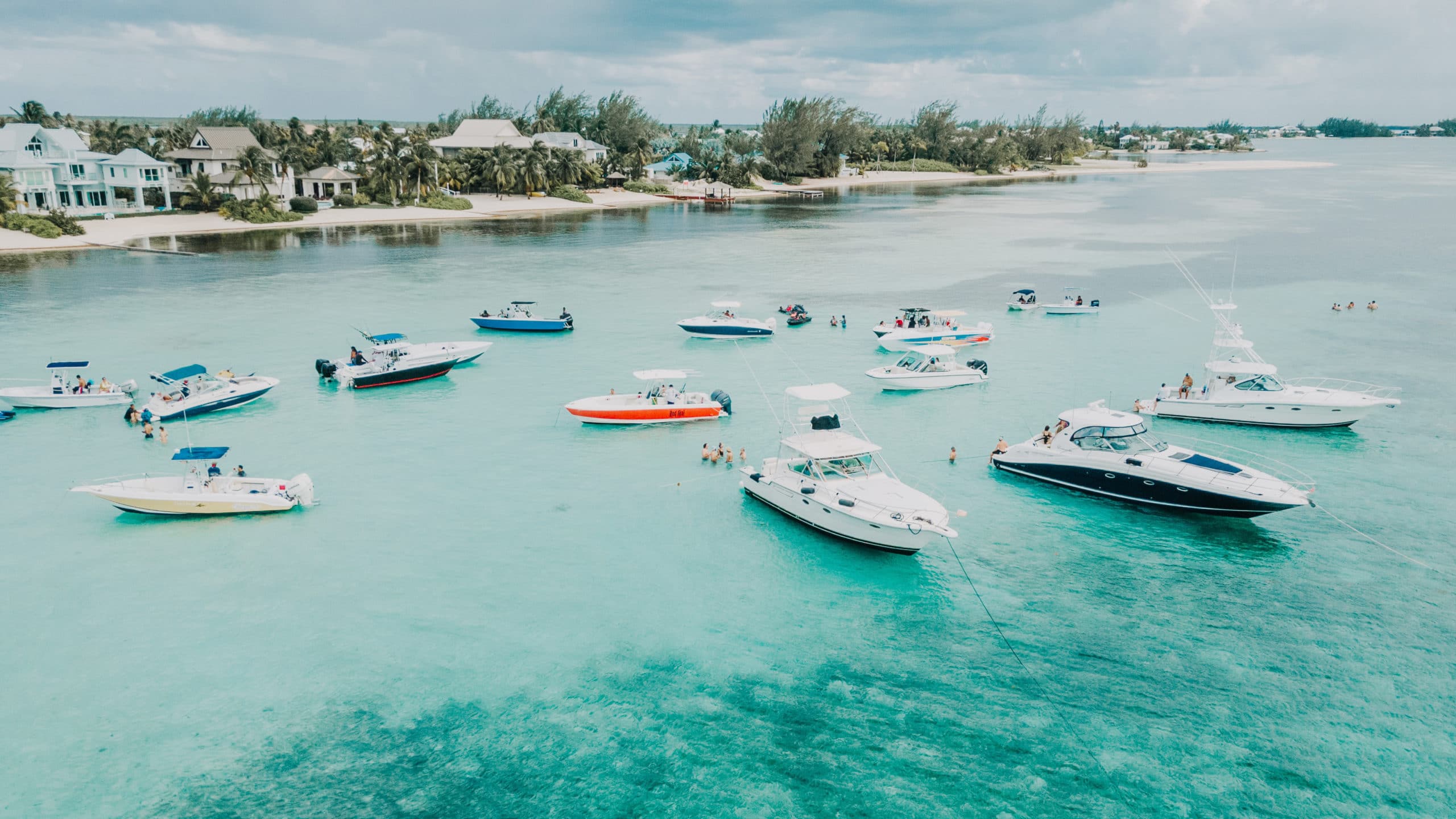 Photo Credit: Ronny Rondon / Unsplash
Photo Credit: Ronny Rondon / Unsplash
“I would go as far as saying the advantages are multiple,” Joseph said in a phone interview. “We have a secure system of land registration; there are no Cayman property taxes; there are no restrictions on foreign ownership, so anybody can come here and buy; and we also have a pathway to citizenship. You could arrive tomorrow and if you spend US $2.4 million, and tick a couple of other boxes, you can have permanent residency here.”
As far as an investor renting out their property to others, Joseph said it would depend on if the property is in a rental unit or if the development allows short-term rentals.
“There’s a little bit of everything for everybody” in the rental space, Joseph said. “In some cases, the owner could use the property for a couple of weeks and then rent it out. There are condos on the beach that allow that; others do not.”
Typically, Joseph said, high-net-worth individuals are not interested in renting their property.
Why is Cayman a popular destination for high-net-worth investors?
The safety and security in Cayman is helping to attract “individuals of higher and higher net worth,” Joseph said, and the islands, in turn, are providing “higher and higher services,” such as catering to more private jet owners.
Further, he states on his website, “There is a tremendous amount of confidence about what’s to come. We see the market continue its stabilizing and recalibrating before the next growth spurt. Look at what other players in the market are doing. Amongst many condo complexes and hotels, The Ritz-Carlton, for example, just reopened after completing a $50 million renovation project. It’s beautiful. When you have entities like that investing in Cayman to that extent, it demonstrates that they, too, have confidence in what’s coming around the corner.”
During the interview, Joseph said, “Cayman has always been the First World country that happens to be in a Third World region. We’re very exclusive, known to be one of the most expensive places on the planet, and part of that is because we don’t have taxes.
“Whilst there is no form of direct taxation levied on the sale and purchase of property,” Joseph said in an email, “the government of Cayman Islands does levy a duty on the purchase of property (currently 7.5 percent of the purchase price or market value of the property, whichever is the higher) and 1 percent where the amount of any money borrowed on the purchase of a property is under $357,000, and 1.5 percent where the amount borrowed is over $357,000.”
How does the buying process in Cayman differ from that in the United States?
The process in Cayman is very simple and straightforward, Joseph said. “The buyer makes an offer to purchase, the seller accepts, subject to being approved to a series of conditions: inspection, structural review, bank financing. The buyer puts down 10 percent, which stays in his agent’s escrow account until he’s satisfied by the outcome of these reports. The deposit then becomes nonrefundable and [the sale] moves forward.”
Unlike in the U.S., he said, there is no title insurance because the government guarantees absolute ownership of each parcel of land.
“Generally speaking, the transaction takes place in two stages: negotiating an offer and closing the deal,” Joseph’s Property Cayman website says.
“It’s actually a very clean and orderly and standard process,” Joseph said. “It’s about educating the buyer … and walking them through the process.”
All property transactions are recorded with Cayman Islands Land Registry, established in 1971 as a legal regime for the registration of land titles.
Under this system, “any proposed entries/interests on a land register for a property can only be added/subtracted by way of registration through the Cayman Islands Land Registry,” Joseph said in an email, noting that “the Cayman Islands government guarantees the correctness of each land register.”
What, specifically, should an overseas investor be looking out for when investing in Cayman property?
“A professional agent is going to make sure that buyers are comfortable and know what they are getting themselves into—what the strata fees are (multiple layers of ownership of the same product, like homeowner association fees); and make sure there are no special assessments coming up. They’ll just make sure buyers are aware of everything that’s happened historically and what will happen going forward—and what is happening along the beach that might affect their property,” Joseph said.
Also, he said, investors need to know about any regulations regarding renting the property, and what renovations might be needed to attract renters.
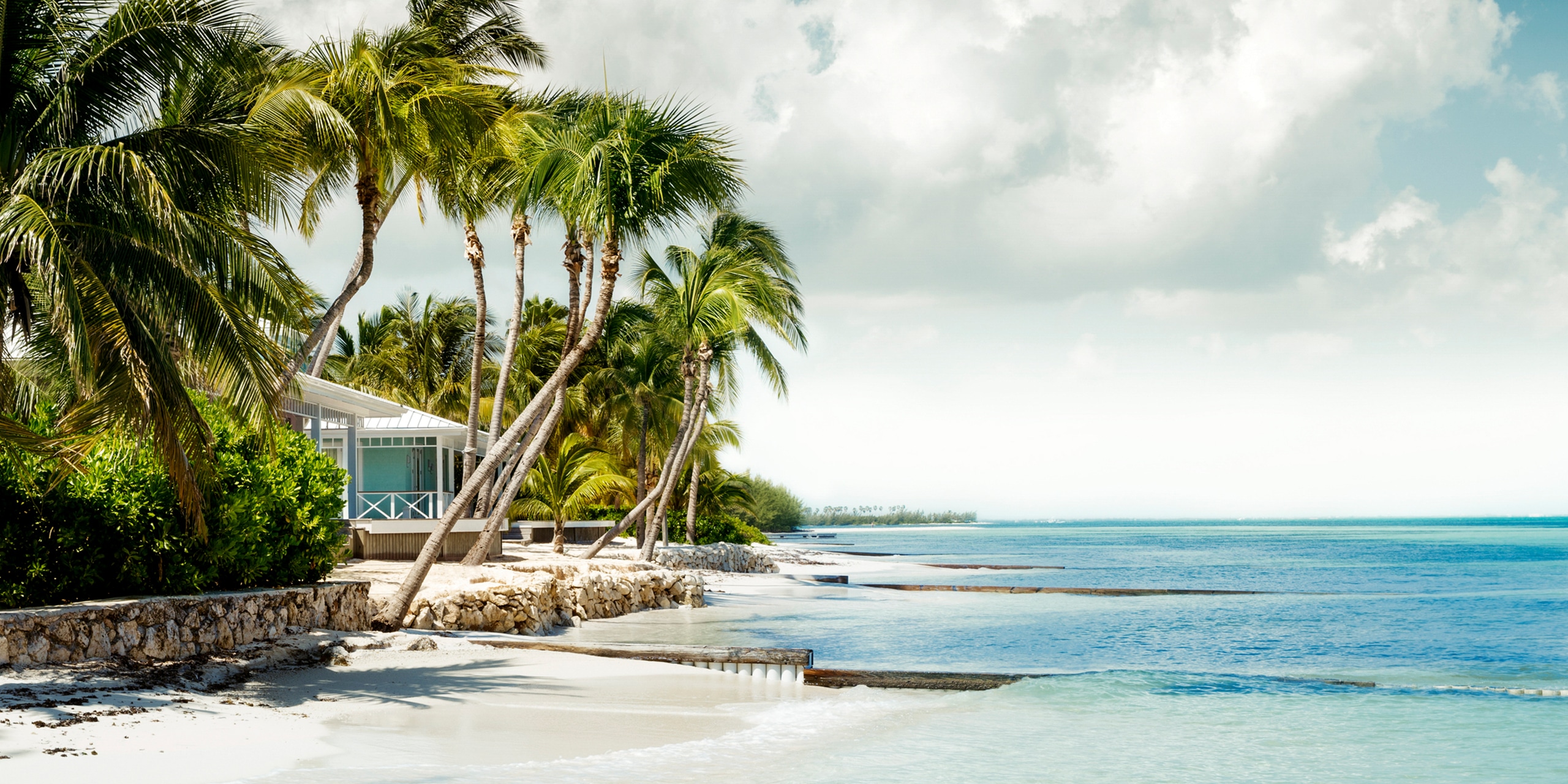 Photo Credit: mikolajn / iStock
Photo Credit: mikolajn / iStock
What is the average length of ownership in Cayman for an overseas investor?
“It’s a tough question to answer, because everyone is on a different property journey—if they are U.S. retirees, Canadian retirees, those on a citizenship journey, those who still have 20 years of work ahead of them and want to rent, this will influence whether they sell or upgrade,” Joseph said.
However, he added: “The lion’s share of people who come to Cayman and experience the Cayman lifestyle tend to stay.
“It’s easy to integrate, it’s multicultural, and there are a number of luxury restaurants,” he said. And though Cayman is home to many celebrities, there are no paparazzi, and the low-key ambience does not draw attention to high-net-worth individuals.
Your thoughts on the property market in Cayman?
“As tourism picks up and Cayman’s day-to-day life continues to inch toward its prepandemic self,” Joseph states on his website, “I anticipate we’ll see the 2022 Cayman real estate market react in a variety of ways, just about all of them positive.” Joseph continues: “What I think is happening is, the world is getting increasingly stormy and tangled, and Cayman is becoming a world-class destination. We don’t carry guns, there’s law and order, it’s a safe haven in the storm—beautiful, clean, and orderly. And it’s sunny every day!
“What I’m trying to do is highlight that it’s incredible here. I was born and raised here, had the fortune to be educated and travel, and everywhere I go, I compare—‘Could I raise a family here? Could I invest here?’ Overall, I choose Cayman,” he said.


